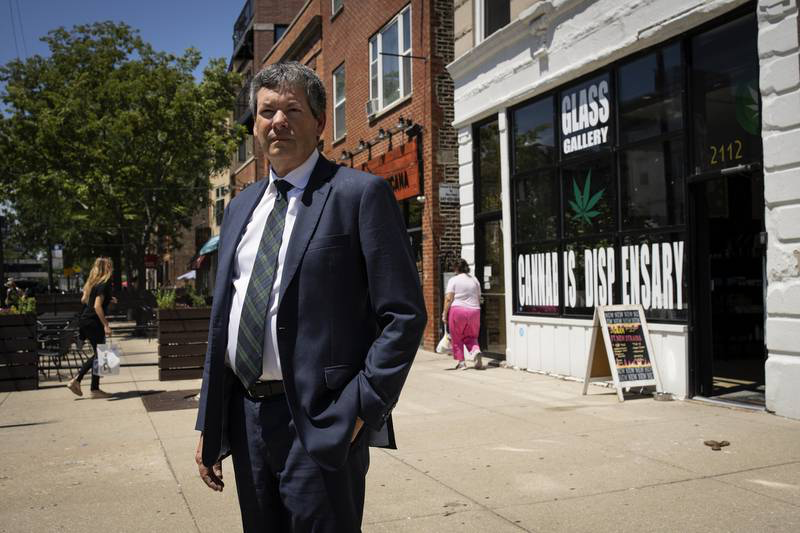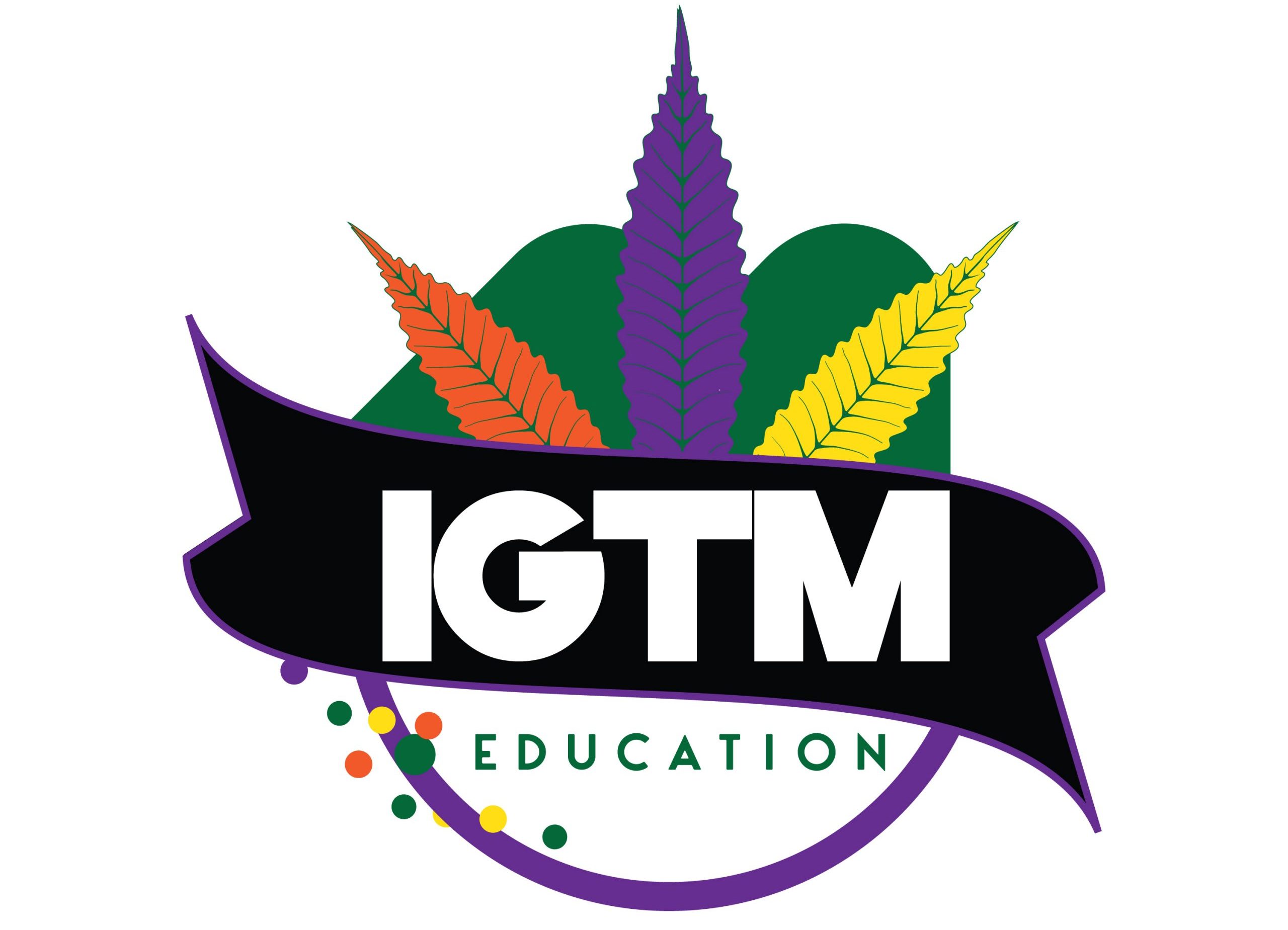
A proposed ordinance would prohibit CBD shops in Chicago from advertising themselves as “dispensaries,” in an attempt to distinguish them from state-licensed recreational cannabis shops.
Licensed marijuana companies see the proposal as a way to keep unregulated competitors from confusing customers. Members of the hemp CBD industry see the move as another example of big cannabis trying to harass them to protect their restricted market.
The measure by Ald. Brian Hopkins, 2nd, would also ban CBD shops from advertising with the image of a cannabis leaf or bud — as licensed dispensaries are forbidden to do — or a green cross.
“Some of these unregulated retailers are trying to masquerade as legitimate dispensaries,” Hopkins said. “It’s false and deceptive marketing, and it needs to stop.”
Charles Wu, owner of hemp CBD grower and retailer prescribd in Bridgeview, said he doesn’t generally use the word “dispensary,” but at least one product he sells from an outside supplier uses a leaf logo.
Though the Chicago ordinance would not affect his business directly, Wu feels it’s a sign of how the CBD industry as a whole is treated.
“We feel it’s harassment,” he said of the proposed law. “It’s basically large companies trying to maintain their monopolies.”
The licensed cannabis market in Illinois is dominated by the owners of just 21 grower licenses. That causes high prices and limited supply, and helps perpetuates the illegal market.
The state also allows just 110 dispensaries, compared with hundreds of shops in other states with legal weed. On Friday, regulators released another 149 preliminary dispensary licenses, which are expected to open by next year. Licensed business have to pay high state fees and taxes and follow strict regulations, such as laboratory testing, of the type that CBD dealers generally do not face.
Before those state licenses were delayed by regulatory problems and litigation, federal and state lawmakers legalized growing hemp, defined as cannabis with less than 0.3% Delta-9 THC, the primary psychoactive ingredient that gets users high.
The most popular product derived from hemp initially was CBD, which doesn’t get users high. It’s been proven to help treat children with severe seizures, and proponents make a host of other claims that it reduces inflammation and pain, which are still being researched.
Meanwhile, hemp processors have developed a string of other derivatives such as Delta-8 THC pr THC-O, which are said to get users high, with milder effects than conventional cannabis.
A proposed state law to regulate such cannabinoids went nowhere. With little publicity, the Illinois Department of Agriculture published a policy in March prohibiting producing such cannabinoids from hemp, but retailers generally have continued to sell it unabated.
